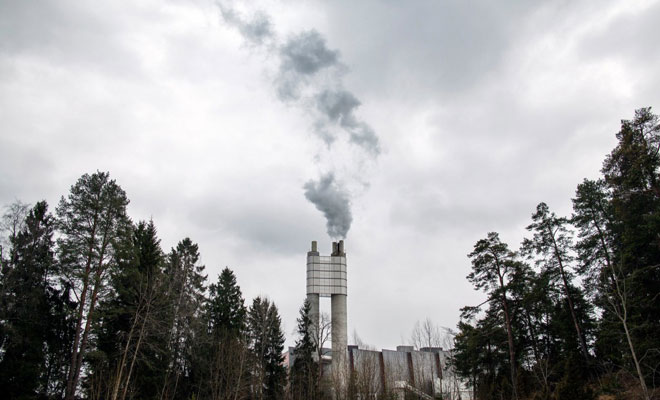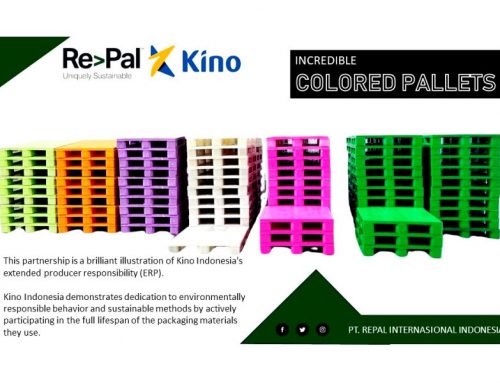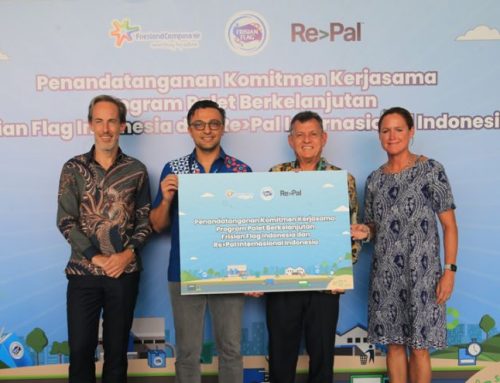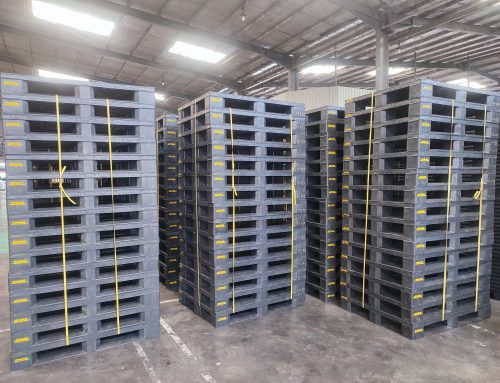Tuesday 6th December 2016
Less than one per cent of Sweden’s household waste ends up as landfill. The other 99 percent is recycled in different ways. This is being referred to as The Swedish Recycling Revolution as the rapid increase in environmental awareness and recycling over the last 3 decades has led to somewhat of a ‘revolution’. In 1975 only 38 per cent of household waste was recycled. Sweden has managed to secure a reputation as an environmental pioneer with several proactive moves beginning in the 1960s and 1970s.
The Swedish government are using the term recycling in a rather broad sense. In fact, they incinerate about 50 percent of their waste to make heat and energy. Waste to energy processes allow the production of electricity and/or heat directly through combustion. Waste is a relatively cheap fuel and Sweden has developed an impressive capacity and expertise in efficient and profitable waste treatment. According to the Swedish government, they now import 700,000 tons of waste from other countries.
Once the waste has been incinerated, only 15 per cent of the initial weight remains as ashes. From the ashes, metals are separated and recycled, and the rest, such as porcelain and tile, which do not burn, is sifted to extract gravel that is used in road construction. About one per cent still remains and is deposited in rubbish dumps.
The smoke from incineration plants consists of 99.9 per cent non-toxic carbon dioxide and water, but is still filtered through dry filters and water. The dry filters are deposited. The sludge from the dirty filter water is used to refill abandoned mines.
In Sweden, burning waste to produce energy is uncontroversial, but in other countries– it is a much debated topic.David Suzuki, the Canadian academic, science broadcaster and environmental activist has said:
It’s a complicated issue. Sending trash to landfills is clearly not the best solution. But we have better options than landfills and incineration, starting with reducing the amount of waste we produce. Through education and regulation, we can reduce obvious sources and divert more compostable, recyclable and reusable materials away from the dump. It’s simply wasteful to incinerate it.
We hope that other countries continue to follow Sweden’s lead in making a more sustainable future for all of us.






